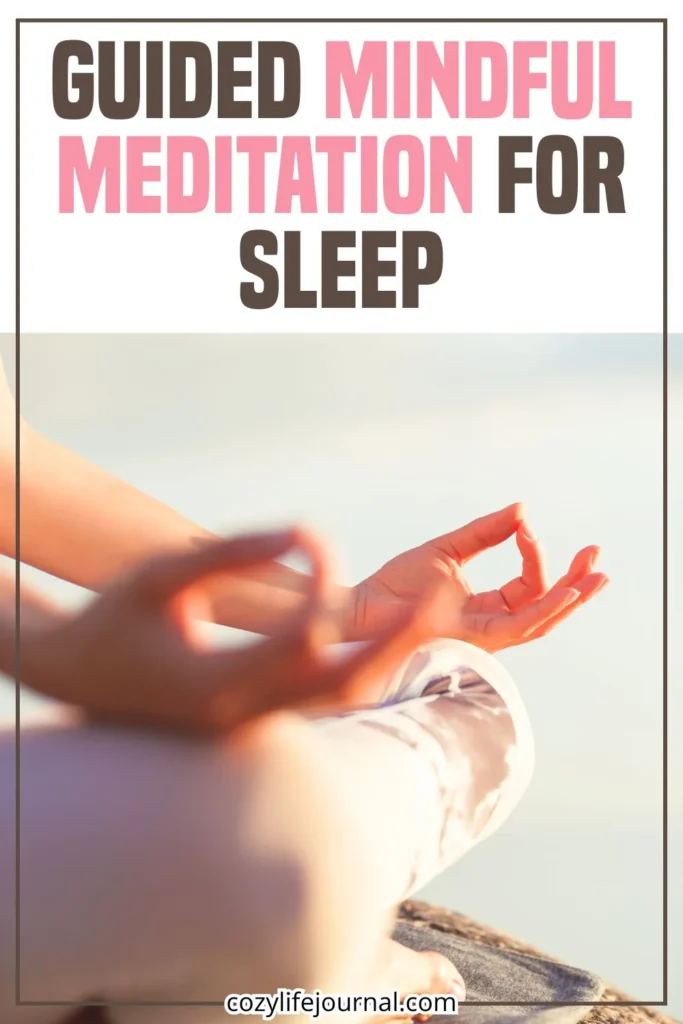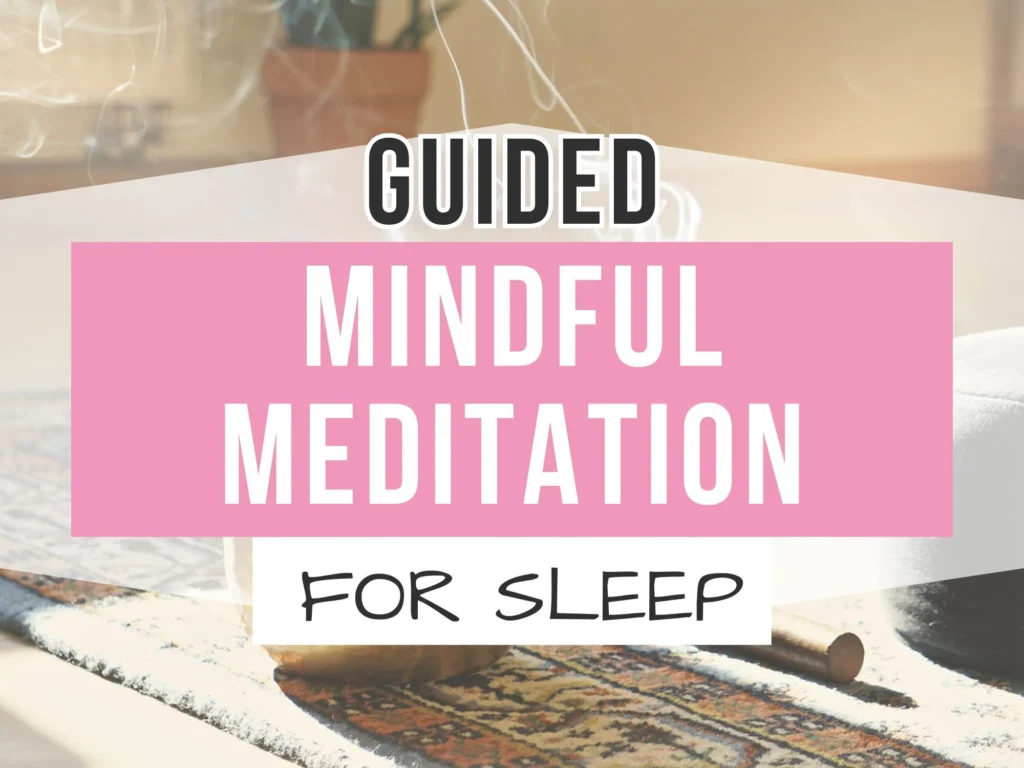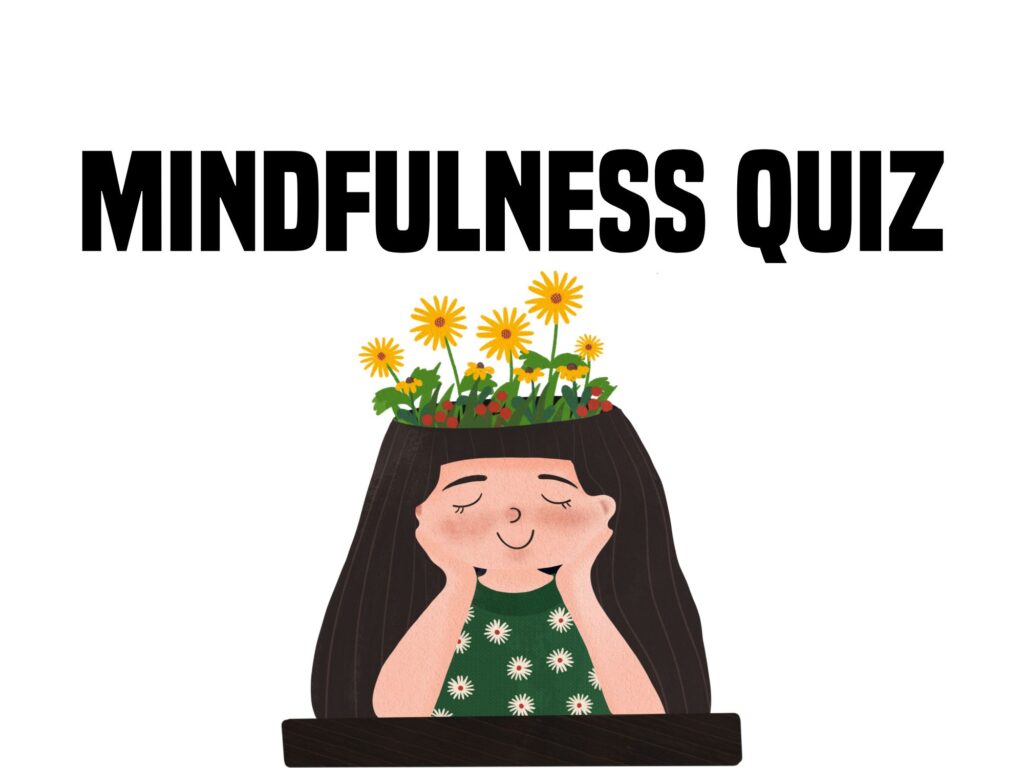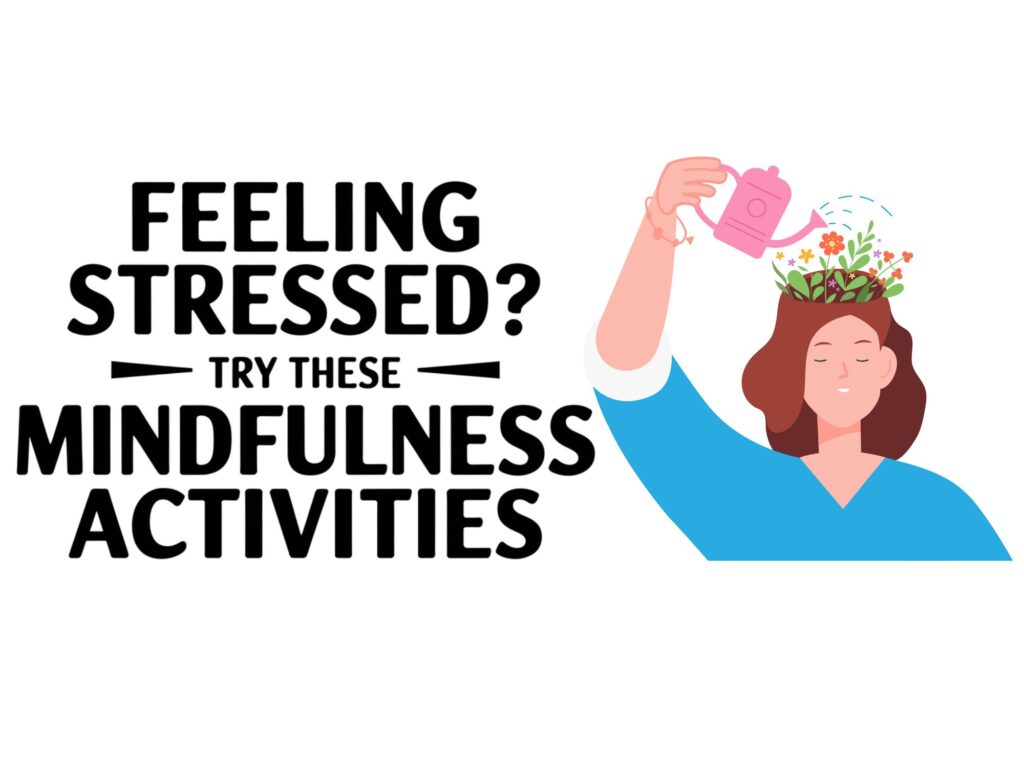Have you ever stared at the ceiling at 2 a.m. thinking about your to-do list from three weeks ago? If so, you’re not alone—and it might be time to try mindful meditation for better sleep.
In a world where sleep deprivation feels like a badge of honor and stress is practically a personality trait, it’s no wonder so many of us are lying in bed, wide awake, willing to try anything for just a few solid hours of rest. What if the solution wasn’t another pill or a late-night scroll through social media, but something simpler—and free?
Let’s talk about guided mindful meditation for sleep. And no, you don’t need to be a yogi or have a Himalayan salt lamp to make it work.

Why Is Everyone So Tired?
Let’s start with a not-so-fun fact: a third of adults report that they regularly don’t get enough sleep. And we’re not just talking about being a little groggy in the morning. Lack of sleep affects your mental health, immune system, memory, focus, and even relationships with family members. Chronic sleep deprivation can contribute to serious medical conditions—like heart disease and depression.
Sleep isn’t just a luxury. It’s a self care necessity.
What Is Guided Mindful Meditation for Sleep, Exactly?
Think of guided meditation as having someone gently walk you through calming your mind and body, one step at a time. When paired with mindfulness, the practice of staying present in the moment, it becomes a powerful tool for relaxation.
Unlike other forms of meditation that might focus on spiritual awakening or silent stillness, mindful meditation for sleep is grounded in calming the nervous system. It slows down your heart rate, helps you take deeper breaths, and gently shifts your body into rest-and-digest mode—also known as activating the parasympathetic nervous system.
You’re not forcing sleep. You’re allowing it.
The Science Bit (But Make It Easy to Understand)
When we practice mindful meditation, we’re training our brain to let go of anxious thoughts, notice physical sensations, and return to the next breath. This shift naturally reduces feelings of stress and signals to the body that it’s safe to rest.
Here’s what changes:
- Breathing slows down (slower breathing)
- Muscle tension decreases
- Cortisol levels drop
- Heart rate stabilizes
In short? Your body gets the memo: “It’s okay to sleep now.”
How to Practice Guided Mindful Meditation for Sleep (Step-by-Step)
No incense, no lotus position required. Here’s how you can start your own guided mindful meditation practice tonight:
1. Create a Sleep-Ready Environment
- Dim the lights.
- Play some soft sleep music.
- Put your phone on Do Not Disturb (and maybe hide it from yourself).
- Say goodbye to late-night doomscrolling on social media.
2. Get into a Comfortable Position
- Lying on your back usually works best, but any comfortable position is fine.
- You can even do this tucked under your favorite blanket burrito-style.
3. Use a Free Meditation App
- Insight Timer is a great tool (and free!). Just search “sleep meditation.”
- You can also try Calm or Headspace, but Insight Timer wins for budget-friendly beginners.
4. Try a Body Scan
- Focus on each body part, starting at your toes and working upward.
- Notice sensations—tingling, warmth, heaviness—without judgment.
5. Visualize a Peaceful Scene
- Imagine a quiet lake, a cozy cabin, or whatever your peaceful scene looks like.
- Bring in sensory details: What does it smell like? Sound like?
6. Keep Coming Back to the Breath
- Inhale… exhale…
- When your mind wanders (and it will), just return to the next breath.
Tips for Supporting Healthy Sleep (a.k.a. Good Sleep Hygiene)
Mindful meditation works even better when it’s paired with smart bedtime habits. Here are a few sleep hygiene practices to boost your results:
- Avoid heavy meals or caffeine late at night.
- Keep a consistent bedtime—even on weekends.
- Try some mindful movement (like gentle stretching) during the day.
- Limit screen time an hour before bed.
- Keep your bedroom cool, dark, and quiet.
Small changes can make a big difference.
Who Can Benefit from Guided Mindful Meditation for Sleep?
The short answer? Pretty much everyone.
- Stressed-out parents
- Burnt-out professionals
- Teenagers on screens until 1 a.m.
- Older adults who wake frequently during the night
- Even family members skeptical of “this whole meditation thing”
Whether you’ve been living with sleep deprivation for years or just had a few restless nights, guided mindful meditation is a great way to support your self care and improve sleep quality.
Meditation vs. Pills: The Truth About Sleep Aids
Let’s be honest—pharmaceutical sleep aids can work, but they often come with side effects like grogginess, dependence, or even vivid dreams about talking raccoons (true story). Over time, your body may build tolerance, needing more for the same effect.
On the flip side, a consistent meditation practice:
- Has no side effects
- Costs nothing
- Can be done anywhere
- Promotes long-term mental health and better sleep
And hey, you don’t need a prescription.
My Experience With Guided Sleep Meditation (and How I Didn’t Snore in Yoga Class…Almost)
The first time I tried a sleep meditation, I laughed. Literally. A calming voice told me to “imagine my body as a melting candle.” I thought, Sure, Jan. But I kept listening. I did the body scan meditation. I focused on my next breath. And… I woke up eight hours later with my headphones still in and my pillow soaked in drool.
The more I practiced—just 10 minutes a night—the more I noticed:
- Falling asleep faster
- Waking up fewer times
- Feeling genuinely rested in the morning
Now, I use Insight Timer almost every night. Sometimes I switch it up with different types of meditation, but the results are consistent: deeper sleep, fewer anxious thoughts, and way less tossing and turning.
Still Not Sure It’s for You?
Hey, I get it. Sitting still and breathing sounds… boring. But when you’re lying awake counting how many hours of sleep you’d get if you fell asleep right now? That’s more frustrating than boring.
Just try it. One night. 10 minutes.
It’s a great tool, and it might just become your favorite nightly self care ritual.
Before You Go…
If you’re starting your mindfulness journey or looking for ways to prioritize self care, I highly recommend reading:
And don’t forget to follow me on Pinterest for more meditations, calming visuals, and self care inspiration:
👉 https://www.pinterest.com/cozylifejournal/
Final Thought
Mindful meditation isn’t just for monks or Instagram influencers. It’s for tired people—real people—like you and me who just want to wake up not feeling like a zombie.
So… tonight, before you reach for your phone or your fourth cookie, hit play on a guided mindful meditation, take a few deep breaths, and give your brain the peace it’s been begging for.
Because a good night’s sleep isn’t just a dream—it’s just one breath away.



